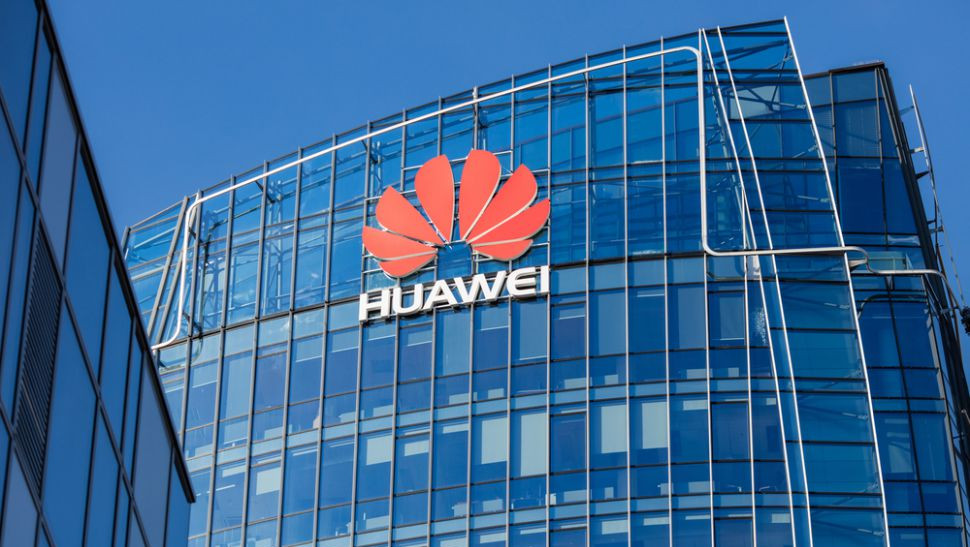- The United States prohibits Nvidia H20 just when Huawei reveals its next -generation Ascend 920 AI chip
- Ascend 920 can fill the restrictions of the Chips space of China after
- Nvidia faces $ 5.5 billion of hits when Huawei takes the opportunity
On April 9, 2025, the United States announced plans to even more harden the restrictions on chips from AI to China, including NVIDIA H20 processor, a reduced performance chip that the company created to comply with the previous export regulations of the United States while sales in China continues.
Huawei, who has been positioning China to Nvidia for some time, probably waited for the announcement because only one day later, at an associated conference, revealed the Ascend 920, his next -generation IA chip.
Established to enter mass production in the second half of 2025, according to Digitimes AsiaThe chip is expected to be built in the 6NM SMIC process and offer up to 900 BF16 and 4000GB/s computing tflops/s memory bandwidth, admitted by HBM3 memory modules. It will also admit PCIE 5.0 and next -generation interconnection protocols to help training large models.
An effective alternative
With the NVIDIA H20 now restricted in China, industry analysts believe that Huawei’s new chip could close the gap.
Although the reference points of the real world are not yet available, the specifications of Ascend 920 suggest that it could be an effective alternative to the NVIDIA H20 and that they can be welcome by Chinese companies such as Tencent and Bytedance, which will now require substitutes for the restricted chip.
Although it is estimated that the current ascend 910c delivers approximately 60% of the inference performance of the NVIDIA H100, the Ascend 920 improves the training efficiency by 30% to 40% and adapts for the transformer and the mixture of expert models.
Nvidia had been making strong sales in China through H20, and according to reports, sales grew by 50% quarter to quarter before ban. The new license requirement of the United States Department of the United States effectively stops these sales, and NVIDIA is expected to discard $ 5.5 billion in lost businesses as a result.
Huawei also announced its ai cloudmatrix 384 supernode solution at the same event.
According to reports, this shelf scale platform, described as a “nuclear level product”, exceeds NVIDIA GB200 but consumes more power, something that is not considered an important concern in China compared to the West.




